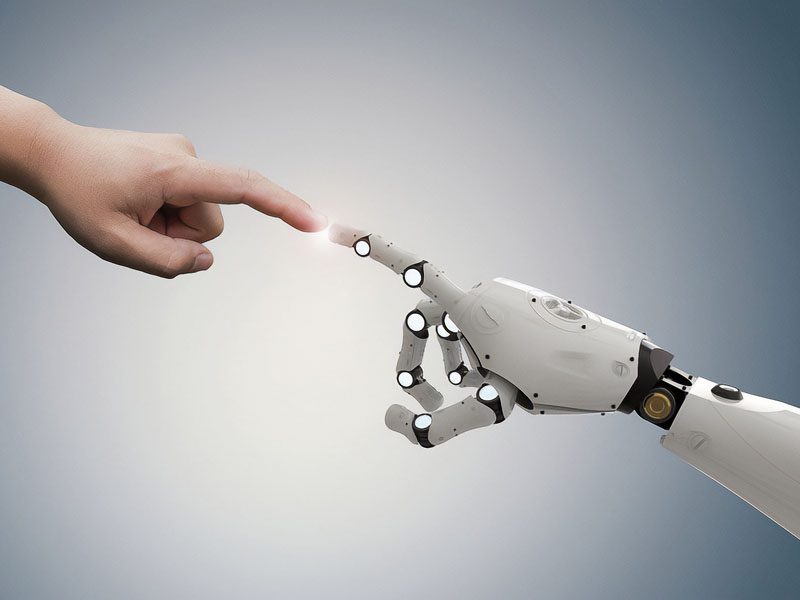Has the Machine Started to Change the Concept of Folk Culture?
Issue 46

By Ghassan Murad
This study addresses the digital revolution that has transformed the world from an object into a subject. If the digital is perceived as a new culture, it also has a human dimension and is changing the meaning of humanity. We are no longer humans who use technology, we are digital humans.
After overcoming the evident contradictions and conflicts between humanity and technology, it is no longer necessary to choose between a tool-based approach and a theoretical approach because the former cannot exist without the latter. A study of digitisation requires us to develop practices and design instruments, which leads us to create theories. Therefore, the digital humanities produce applications and study the theoretical dimensions of their impact on the production and circulation of knowledge, including folk culture.
We are in the process of creating scientific concepts to help to establish the rules for the implementation of good practices that affect peoples’ cultural belonging. Digitisation and its impact on folk culture and dissemination pose a great challenge to humanity.
Building on this, the researcher suggests new concepts that may be in line with the technological changes and their effect on the folk culture in its most comprehensive definition, especially after the transition from the era of the ‘digital Bedouin’ to the era of the ‘communicative Nomad’; digital technologies are no longer limited by place because they accompany us wherever we go.
We also attempt to discuss the problems related to archiving digital documents, because this is an issue of global concern.







































































